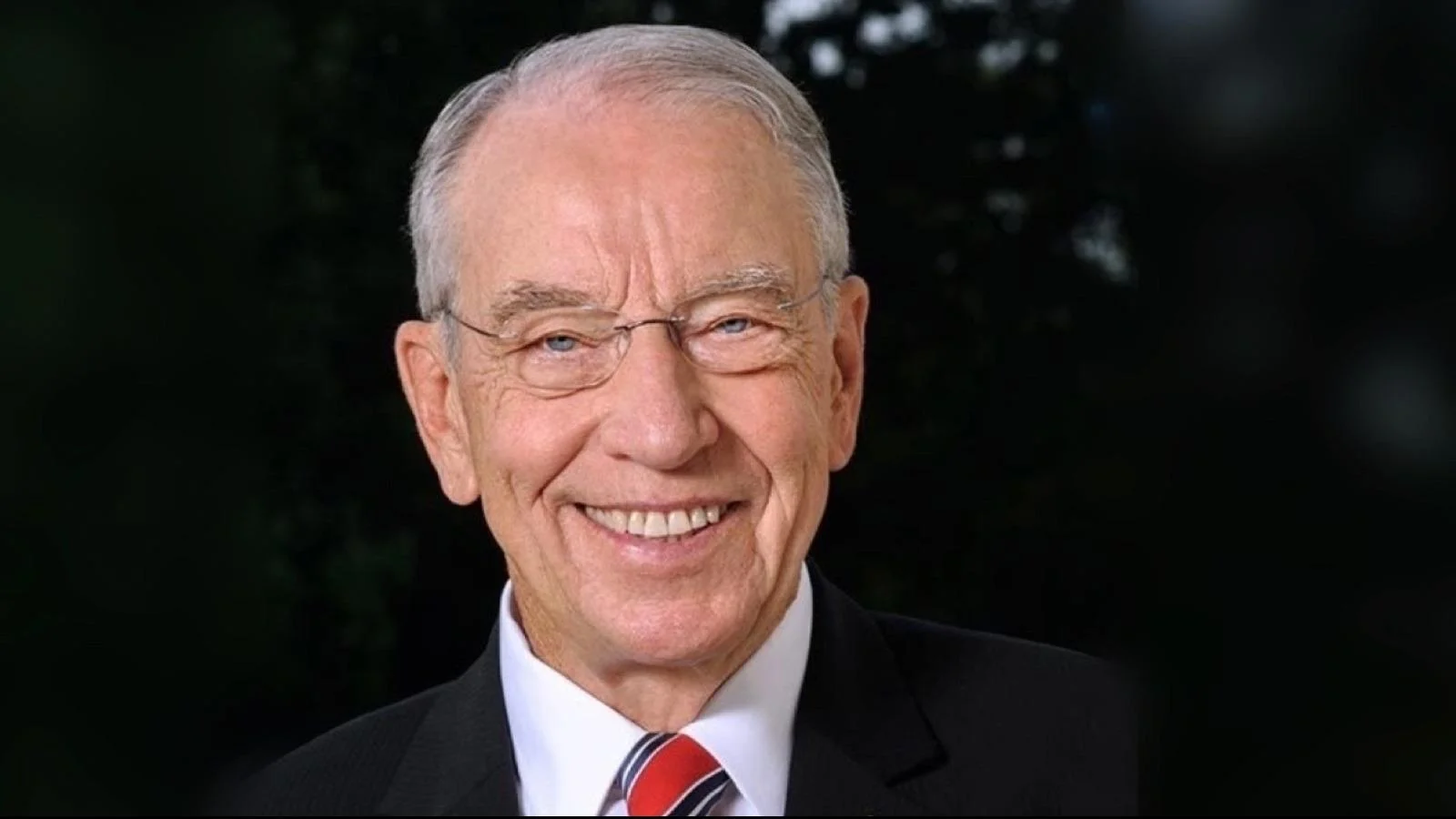Senator Chuck Grassley | Official U.S. Senate headshot
Senator Chuck Grassley | Official U.S. Senate headshot
A report from the Government Accountability Office (GAO), requested by U.S. Sen. Chuck Grassley (R-Iowa), has found that the U.S. Secret Service failed to share classified threat information ahead of the attempted assassination of President Donald Trump in Butler, Pennsylvania on July 13, 2024. The report concludes that senior Secret Service officials received intelligence about a threat to Trump’s life ten days before the rally but did not communicate this information to federal and local law enforcement responsible for event security.
According to the GAO, “the Secret Service had no process to share classified threat information with partners when the information was not considered an imminent threat to life.” The agency made eight recommendations for improvement, including more proactive sharing of threat information among Secret Service personnel and law enforcement partners.
The audit identified several procedural and planning errors by the Secret Service, such as misallocation of resources, insufficient training, and communication failures. These shortcomings contributed to security lapses that allowed Thomas Matthew Crooks to fire at President Trump and resulted in the death of a spectator.
The GAO is an independent legislative branch agency tasked with auditing government operations. Its review into the Butler incident lasted nearly a year, making it the most extensive examination of the attempted assassination so far.
Grassley commented on the findings: “One year ago, a series of bad decisions and bureaucratic handicaps led to one of the most shocking moments in political history. The Secret Service’s failure on July 13th was the culmination of years of mismanagement and came after the Biden administration denied requests for enhanced security to protect President Trump. Americans should be grateful that President Trump survived that day and was ultimately reelected to restore common sense to our country.
“Naturally, the American people wanted answers and accountability in the aftermath of this tragedy, and so I worked hard to provide that. The information I’m releasing today is a comprehensive overview of the failures that occurred prior to and on July 13th. More importantly, this report offers a clear path forward for the Secret Service to improve, so it can prevent another Butler from ever happening again. This information would not have been possible without congressional oversight, and my work will continue.
“As Chairman of the Judiciary Committee, which has jurisdictional oversight over the Secret Service, I’m committed to working closely with the agency to ensure they’re properly equipped to repair what’s broken. As an important step, I allocated $1.17 billion in the One Big Beautiful Bill to provide the Secret Service with additional funding. I’m hopeful this significant injection of resources will go a long way in bringing the agency up to speed.”
Grassley also released a letter from Department of Homeland Security Inspector General Joseph Cuffari addressed to then-DHS Secretary Alejandro Mayorkas about whistleblower reports concerning USSS personnel using personal cell phones for official business due to limitations placed on government-issued phones since 2021.
Key findings from GAO include repeated missed opportunities by high-level USSS officials between July 3rd and July 13th, 2024, who did not relay classified threat intelligence down their chain of command or with local authorities involved in securing Trump's rally. Local law enforcement told investigators they would have requested more assets if they had known about active threats.
The report also found that unclear roles within USSS led agents at key positions during the event—some new or inexperienced—to rely heavily on their own judgment rather than standardized procedures or collaboration with local partners’ operational plans.
Additionally, last-minute changes were made at campaign staff request regarding equipment placement near vulnerable areas without consulting senior USSS officials aware of threats; these decisions may have enabled Crooks’ attack position.
Resource allocation issues were noted as well: requests for advanced counter-drone technology were denied due to resource constraints tied up with other national events; only intervention by senior officials ensured counter-sniper coverage at Butler.
Technology challenges further hampered response: cUAS systems malfunctioned while an unauthorized drone flew over rally grounds undetected hours before Trump's arrival; operators reported minimal training on this equipment. Communication problems arose as both agents and police faced poor cell service during critical moments—a problem unaddressed by existing policy despite anticipated large crowds.
Following these findings, Grassley emphasized his commitment as Judiciary Committee Chairman—who oversees USSS—to collaborate closely with leadership on reforms backed by increased funding secured through recent legislation.




 Alerts Sign-up
Alerts Sign-up